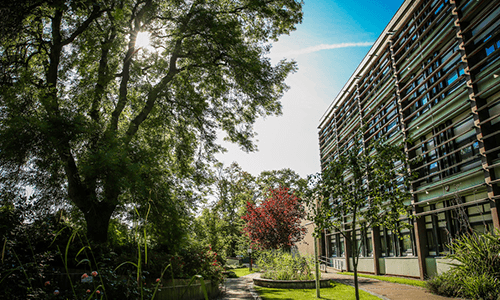The IFY will prepare you for the first year of your undergraduate degree. It’s made up of several core and subject-specific modules that will give you a greater understanding of your chosen subject area. The skills you develop through this programme will help you in your chosen degree, in your future career, and in all aspects of life.
Learn more about International Foundation YearStart your undergraduate or postgraduate journey at one of our UK colleges or US centres.
Direct entry to industry leading universities
Your pathway to 15+ top ranking universities.
Discover top universities in the UK for studying abroad.
Discover top universities in the US for studying abroad.
You can easily apply online via our application form.
Are you joining us soon? We recommend checking out our pre-arrival guides to help you prepare for your arrival!
University Partnerships
Start your undergraduate or postgraduate journey at one of our UK colleges or US centres.
Oxford Direct
Direct entry to industry leading universities
Pathway Centres
Your pathway to 15+ top ranking universities.
Career Colleges
Study and work in Canada, with one of our vocational courses.
UK
Discover top universities in the UK for studying abroad.
US
Discover top universities in the US for studying abroad.
Australia
Study abroad in Australia.
Find out how to apply
You can easily apply online via our application form.
Student Guides
Are you joining us soon? We recommend checking out our pre-arrival guides to help you prepare for your arrival!
- Bangor University International College Guide
- University of Bradford International College Guide
- De Montfort University International College Guide
- International College Dundee Guide
- Edinburgh Napier University Guide
- University of Greenwich International College Guide
- Mercy University Guide
- Ravensbourne University London Guide
- San Francisco State University Guide


